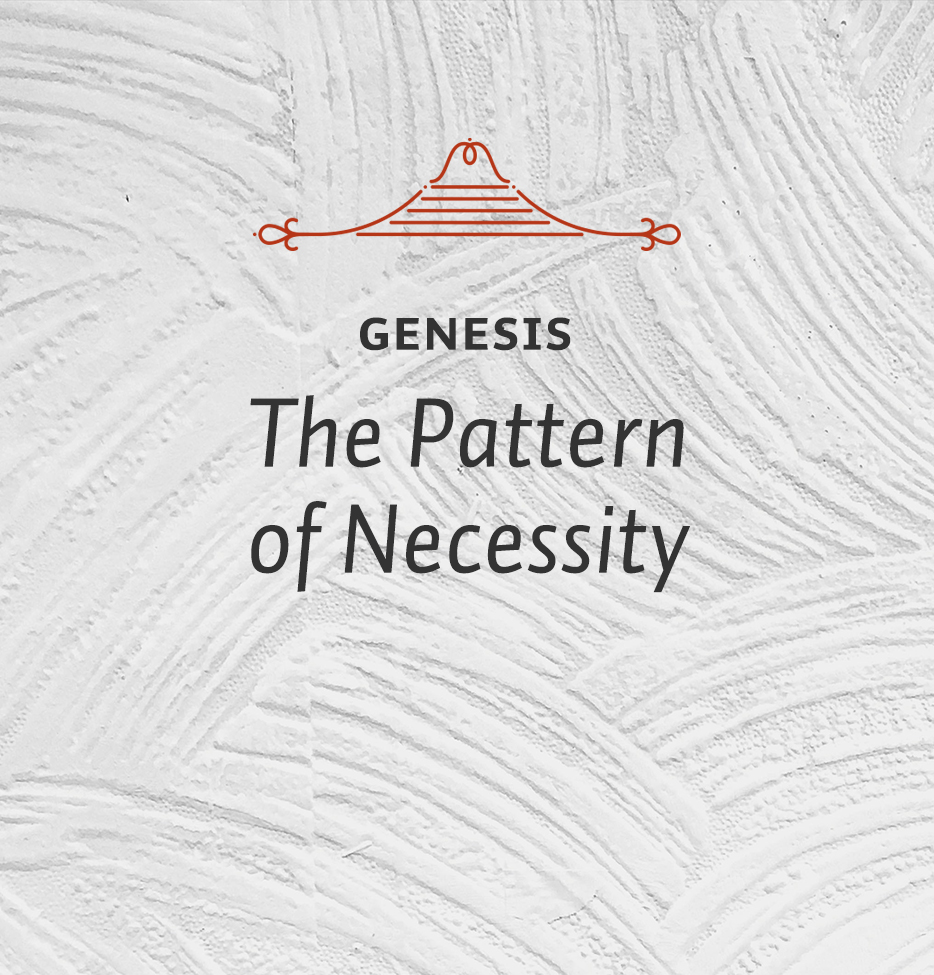I see three kinds of necessity in verses 1-14. First, there is the necessity of nature, expressed in this case by the great famine. Instead of abating, as the brothers may have fondly hoped it would, the famine grew worse. The text says, “Now the famine was still severe in the land” (v. 1).
Famine is a terrible scourge. This famine, recorded in Genesis 41-47, is the earliest documented famine in history. But there were undoubtedly many famines before this time due to the devastating effects of drought, wars and plant disease; and there have certainly been many since. Famine struck Rome in 436 B.C. and was so severe that many threw themselves into the Tiber River to end their lives. Famine struck England in A.D. 1005. All Europe suffered in 879, 1016, and 1162. Even in the nineteenth century, in spite of its great advances in technology and commerce, hunger afflicted many countries: Russia, China, India, Ireland. Today famines continue. Many perish in India due to malnutrition and accompanying diseases. The worst famine area today is in northeast Africa, particularly Ethiopia, where rain has been virtually non-existent for five years. That area may be in the midst of a cycle of drought similar to that which struck Egypt in Joseph’s time.
The frightening thing about these famines is that little seems to be able to be done about them. Yet they are only one example of a long list of so-called “acts of nature” that humble us from time to time. Who has not been awed by the force of a great storm or hurricane or frightened by the howling fury of a blizzard? Who has not been taken up short by sickness or the inescapable reality of death? These things remind us that we are not sovereign, that God is sovereign. They warn us that we dare not trifle with the great God of nature with whom we have to do.
The second kind of necessity God imposed upon the family of Joseph was the will of man, expressed here in the demands of the unrecognized Egyptian ruler. These demands had been made known to Jacob shortly after the brothers had returned from their journey to Egypt: “The man who is lord over the land said to us, ‘Bring your youngest brother to me so I will know that you are not spies but honest men. Then I will give your brother back to you, and you can trade in the land'” (Gen. 42:33-34). But Jacob had refused even to consider letting Benjamin leave home: “My son will not go down there with you; his brother is dead and he is the only one left. If harm comes to him on the journey you are taking, you will bring my grey head down to the grave in sorrow” (Gen. 42:38).
And now he seems to be suggesting that the brothers might be able to slip down to Egypt without Benjamin: “Go back and buy us a little more food” (Gen. 43:2). Judah knew better than that. He may have been a sin-hardened man, but he was no fool and he knew that Joseph meant business when he demanded that Jacob’s youngest son be brought to him by the brothers on their next visit. Judah would not budge: “The man warned us solemnly, ‘You will not see my face again unless your brother is with you.’ If you will send our brother along with us, we will go down and buy food for you. But if you will not send him we will not go down, because the man said to us, ‘You will not see my face again unless your brother is with you'” (vv. 3-5).
This kind of necessity confronts us at a different level than the necessity of nature, because at first it does not seem all that inescapable. The will involves people, and we generally think that we can get people to change. A husband has a quality we do not like; the wife thinks she can change him. Children think they can change their parents. Employees think their boss can be made to act differently or change his mind in some undesirable requirement. But these changes do not always come, and we are therefore forced back on God who alone is able to transform human beings. Generally we are forced to the conclusion that the changes—if there are any—must occur in us. Thus God awakens us to our own need and leads us to ask Him for assistance.






